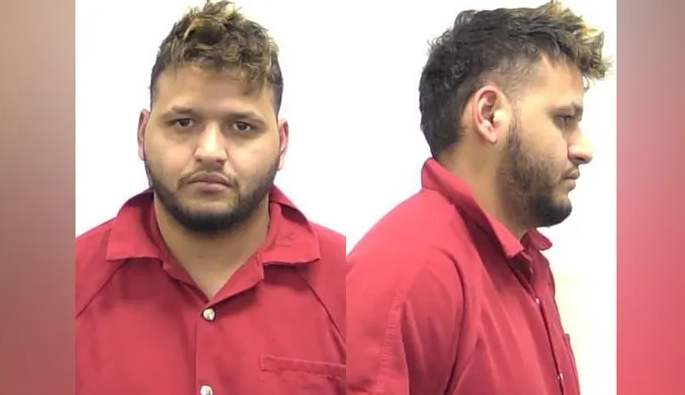In the serene college town of Athens, Georgia, a disturbing crime has rattled the community and spurred a national conversation on immigration, public safety, and the criminal justice system's efficacy. The brutal murder of Laken Riley, a promising nursing student at Augusta University, allegedly at the hands of Jose Antonio Ibarra, an illegal immigrant from Venezuela, has cast a long shadow over the town, known for its vibrant university life and southern charm.
According to authorities, Ibarra, who faces multiple charges including malice murder and aggravated battery, is accused of inflicting severe injuries on Riley, with the affidavit starkly noting the "disfiguring" of her skull. The gruesome nature of the crime, detailed in court documents, has left the community in shock and mourning the senseless loss of a young life dedicated to healing others.
The case's complexities extend beyond the heinous act itself, touching on broader issues of immigration policy and enforcement. Immigration and Customs Enforcement (ICE) confirmed that Ibarra entered the U.S. illegally in 2022 and had a previous arrest in New York City, adding layers to an already contentious debate. Former President Donald Trump weighed in, criticizing the current administration's border policies and linking them to the tragedy, while Georgia Governor Brian Kemp demanded answers from the Biden Administration regarding the suspect's immigration status.
Amidst the outcry, Athens-Clarke County District Attorney Deborah Gonzalez faced scrutiny over her ability to lead the prosecution, prompting her to appoint Sheila Ross from the Prosecuting Attorney's Council (PAC) as a special prosecutor. Gonzalez, defending her office's commitment, stated, "We will not allow this or any other case to be used for political gain. Our top priority is the safety of every citizen, and we are fully committed to ensuring that justice is served for the loss of every life."
The legal and political maelstrom surrounding the case underscores the challenges facing small communities when national issues manifest on their doorsteps. Local attorney Kevin Epps expressed a lack of confidence in the current district attorney's ability to handle the case, saying, "We currently have a district attorney that has a complete inability to prosecute this case appropriately." The sentiment reflects a broader concern about the capacity of local jurisdictions to navigate high-profile cases with wider implications.
As the legal proceedings unfold, the community of Athens, the Riley family, and observers across the nation await justice for Laken. The White House, responding to the tragedy, extended "deepest condolences to the family and loved ones of Laken Hope Riley," emphasizing that "people should be held accountable to the fullest extent of the law if they are found to be guilty."
The tragedy of Laken Riley's murder transcends the immediate legal questions, touching on the heart of ongoing debates about immigration policy, public safety, and the balance between justice and political discourse. As Athens grapples with the aftermath, the case serves as a poignant reminder of the human cost at the intersection of these complex issues.




